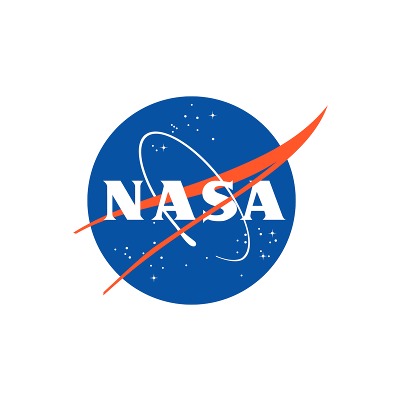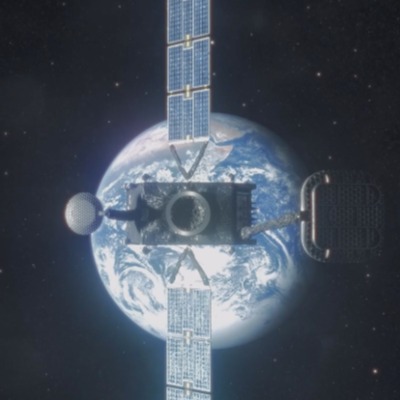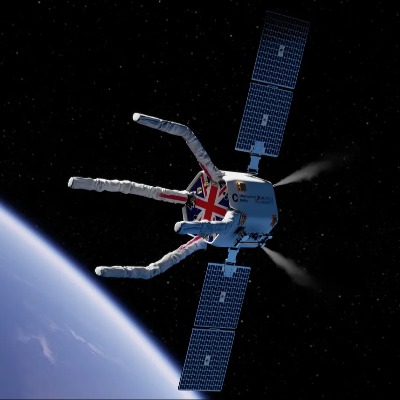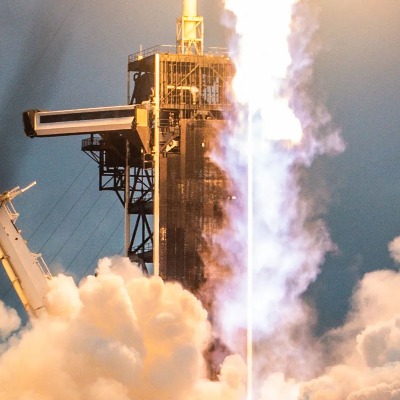Blue Origin Emerges As Frontrunner In United Launch Alliance Acquisition Talks
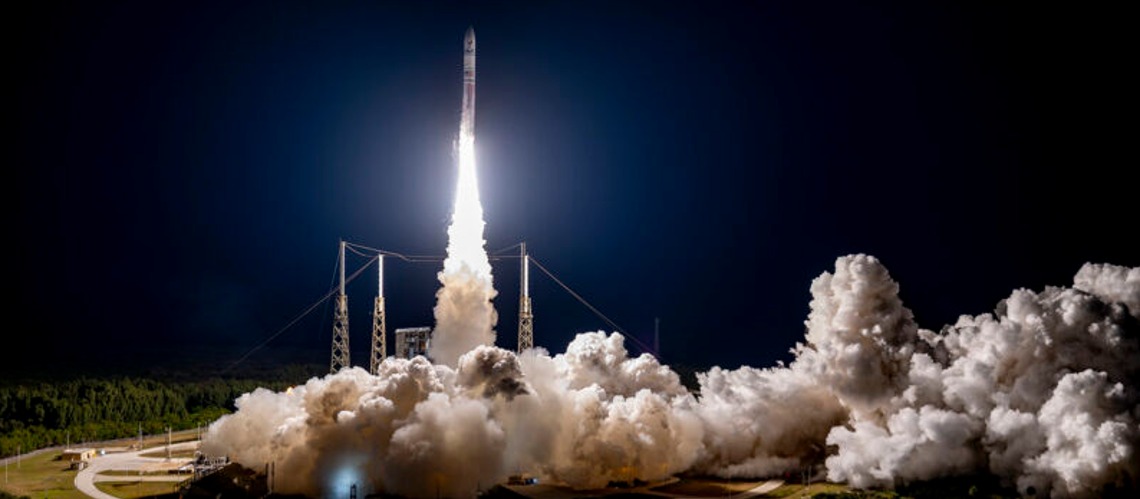
In a move that could reshape the American space launch landscape, Blue Origin, the space exploration company founded by Amazon founder Jeff Bezos, has emerged as the leading candidate to acquire United Launch Alliance (ULA), the joint venture between Boeing and Lockheed Martin. The news comes after months of speculation about ULA's potential sale, driven by a desire for increased efficiency and competition in the growing space market.
Key Points:
- The acquisition is still in the negotiation stage, and no final agreement has been reached.
- Both Blue Origin and ULA have declined to comment on the specifics of the negotiations.
- The potential impact of the acquisition on government contracts and future space programs remains unclear.
A Strategic Move for Both Parties:
While no official announcement has been made, sources close to the negotiations indicate that Blue Origin's offer is currently favored over other potential buyers. The acquisition, if completed, would mark a significant step for both parties.
For Blue Origin, it would provide immediate access to ULA's Atlas V and Delta IV rockets, two of the most reliable and versatile launch vehicles in operation. This would significantly boost Blue Origin's competitive edge, particularly against SpaceX, the current leader in the commercial space launch market.
For ULA, the acquisition could provide access to Blue Origin's BE-4 engine, a next-generation engine with higher performance and lower cost than its current options. Additionally, Blue Origin's experience in rapid prototyping and cost-saving technologies could help ULA become more competitive in the commercial market.
Industry Implications and Uncertainties:
The potential acquisition has raised several questions and concerns within the space industry. Some experts believe it could lead to consolidation and reduced competition, potentially hindering innovation. Others argue that it could streamline operations and resources, ultimately benefitting the industry.
Additionally, the future of ULA's government contracts remains uncertain. The U.S. government is the primary customer for ULA's launch services, and any change in ownership would require approval from various regulatory bodies.
Looking Ahead:
While the final outcome of the negotiations remains to be seen, the potential acquisition of ULA by Blue Origin has sparked significant debate and anticipation within the space industry. The impact of this deal could be far-reaching, shaping the future of American space launch capabilities and competition in the global space market.

